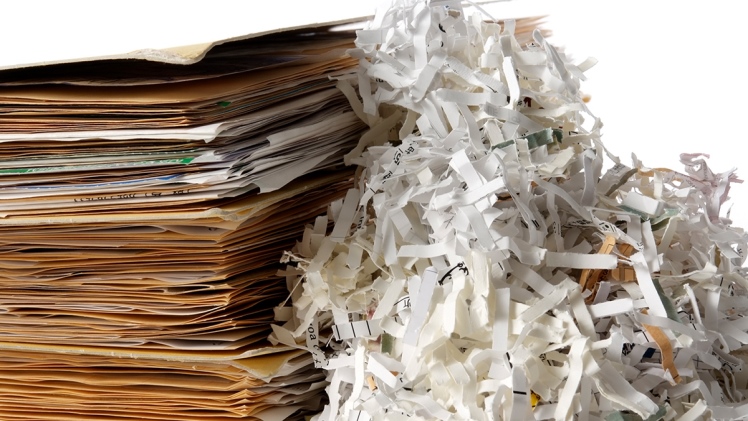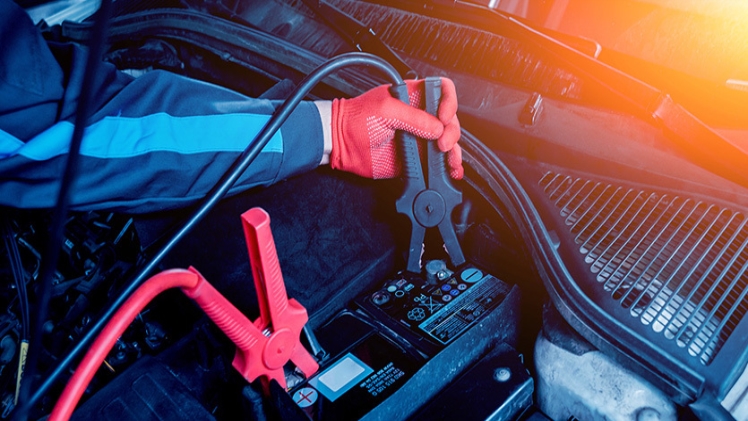The amount of paper trail a single individual can burn through in a lifetime is almost endless. From the books you use at school to the numerous certificates, security cards, retirement documents, life insurance documents, and much more. If a person were to keep compiling all the papers and personal documents they ever had, then things would become over-cluttered and confusing pretty soon.
Therefore it is best to keep only what is important and dispose of the others. When you want to dispose of your documents, it is best to use paper shredders to reduce the volume. With a paper shredder, you can protect your identity, save money, protect sensitive information, and more
Before shredding any documents, you need to know which ones need to go and which ones to retain. For example, you need to keep your marriage certificate. Therefore, You can’t shred it, while you can shred documents that have expired but have sensitive information; you do not want to get into the wrong hands.
How to Sort the Document You Should Shred and When
Document varies in their importance and the length of their life span. Before shredding any document, you need to sort out the ones you need to shred Immediately, after 30 days, within a year, and the ones you need to keep. This way, you can avoid shredding important documents that you still need and should keep very well. Some documents are so sensitive that you should shred them immediately. While for some documents, the time varies from 30 days a year, and forever.
Documents You Should Shred Immediately
There are certain documents that, for your own sake, you should shred immediately, to avoid unfavorable repercussions. For example, you should immediately shred documents that contain sensitive information, like your name and address, account number, credit card number, account balance, and more, if the document is meant for recycling anyway. Items such as these include;
- Sales receipt
- Utility bills
- Atm receipts
- Insurance offers
Shredding these papers immediately will protect you from identity theft and sensitive information exposure, and it will protect your safety.
Documents You Should Shred After 30 Days
Some documents may contain sensitive information that needs to go into the shredder, but if you need to present the document or make reference to it in a few days, then wait at least 30 days before you can shred it. If the document is needed for only a few days, then 30 days is plenty of waiting time to ensure it is safe to dispose of the document or keep it for future purposes. This can include pay stubs, checks through mobile apps, and others.
Documents to Shred Within a Year
There is some documentation you receive monthly. It is great to keep those for reference and shred them within a year. This is because it is usually the past three months that are usually needed in monthly documents. For example, bank statements paid, medical bills, and other documents. However, it would help if you considered switching to electronics, where you can keep the bill without the hassle of shredding paper.
Keep Until Paid or Sold
Documents are paper representations of something bigger and more tangible. Think of the deed for your house. It becomes useless as soon as you sell the house. Therefore, you should shred the paper, as it will contain sensitive information. Other items to keep until paid or sold include vehicles, titles, disputed bills, and more.
What Documents to Keep Forever and Not Shred
While some documents lose their usefulness after some time, and you should shred them to avoid over-cluttering, there are other documents you will need throughout your life and thus should keep well. These documents include tax returns, adoption papers, citizenship papers, marriage certificates, divorce papers e. t. c.
There you have it, how to sort the documents you should keep and the ones to shred. However, you should know that the world has become more digitized than in the past. Now, you can have many documents in digital form, and you will not need to shred them again.





